
- Article
- Article
Deadly doses and the hardest of hard drugs
The invention of the modern hypodermic syringe meant we could get high – or accidentally die – faster than before. Find out how this medical breakthrough was adapted for deadly uses.

- Article
- Article
Booze and bad behaviour
Our love of alcohol is like a party that’s lasted nine centuries. But there are signs that the demon drink is losing its appeal.
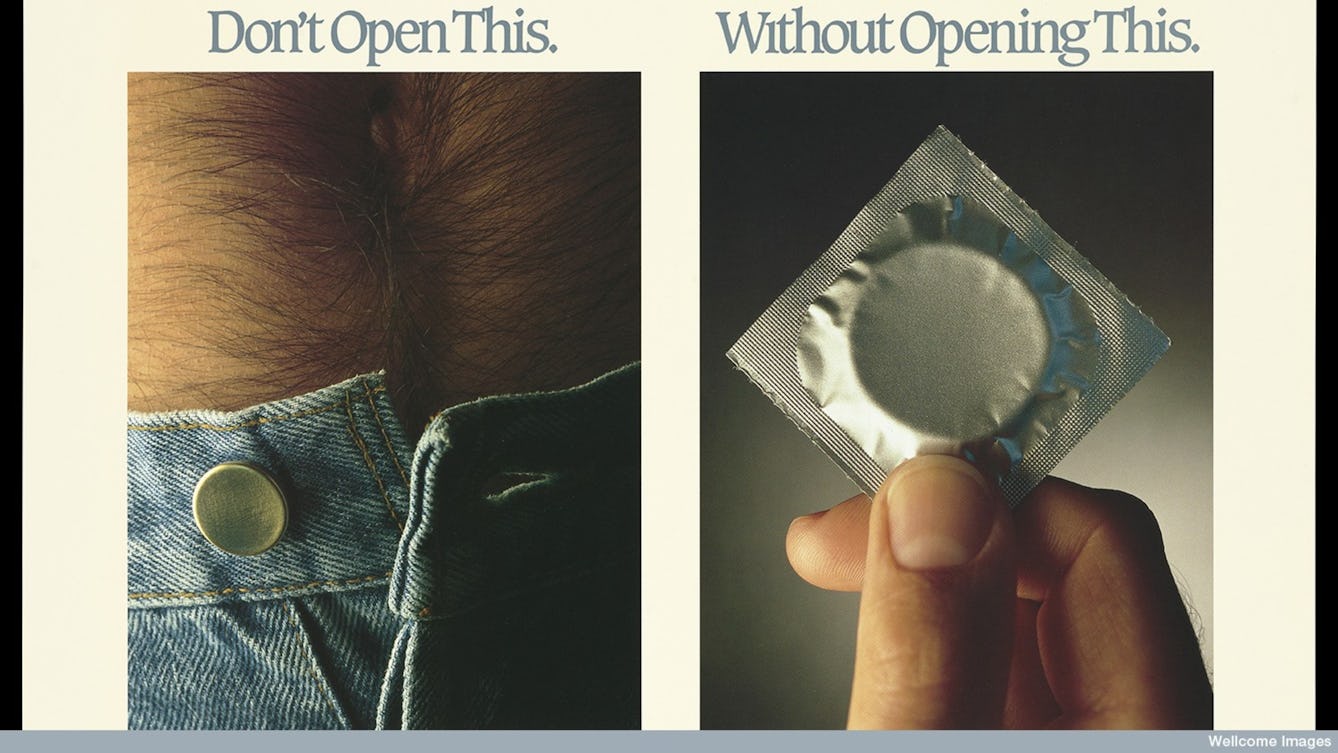
- Article
- Article
History of condoms from animal to rubber
Come on a journey from the first recorded condoms in the 16th century to the modern female condoms in the 1990s – and everything in between.
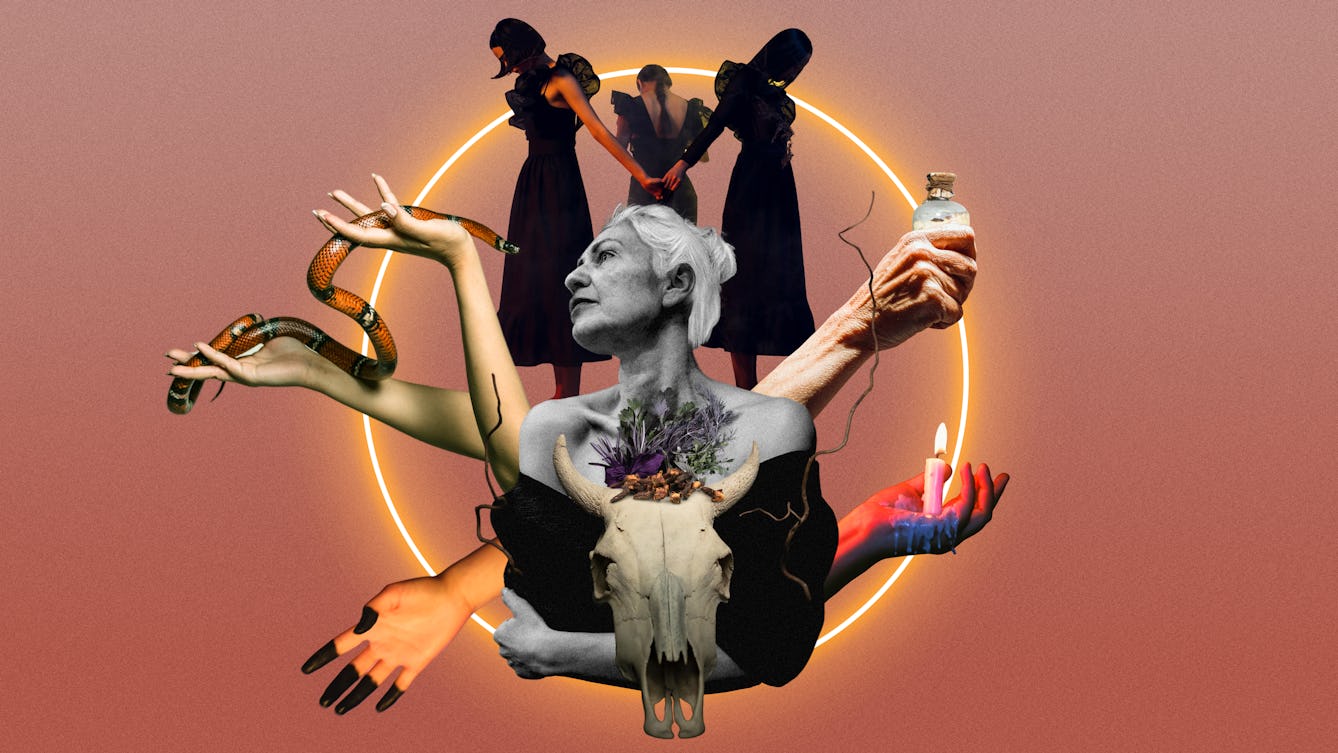
- Article
- Article
Witches
Many of the women persecuted as witches in the 16th-century “witch craze” were over 50 and exhibited signs of menopause. Helen Foster suggests that the stigma of the wicked witch still affects older women and how they deal with menopause.
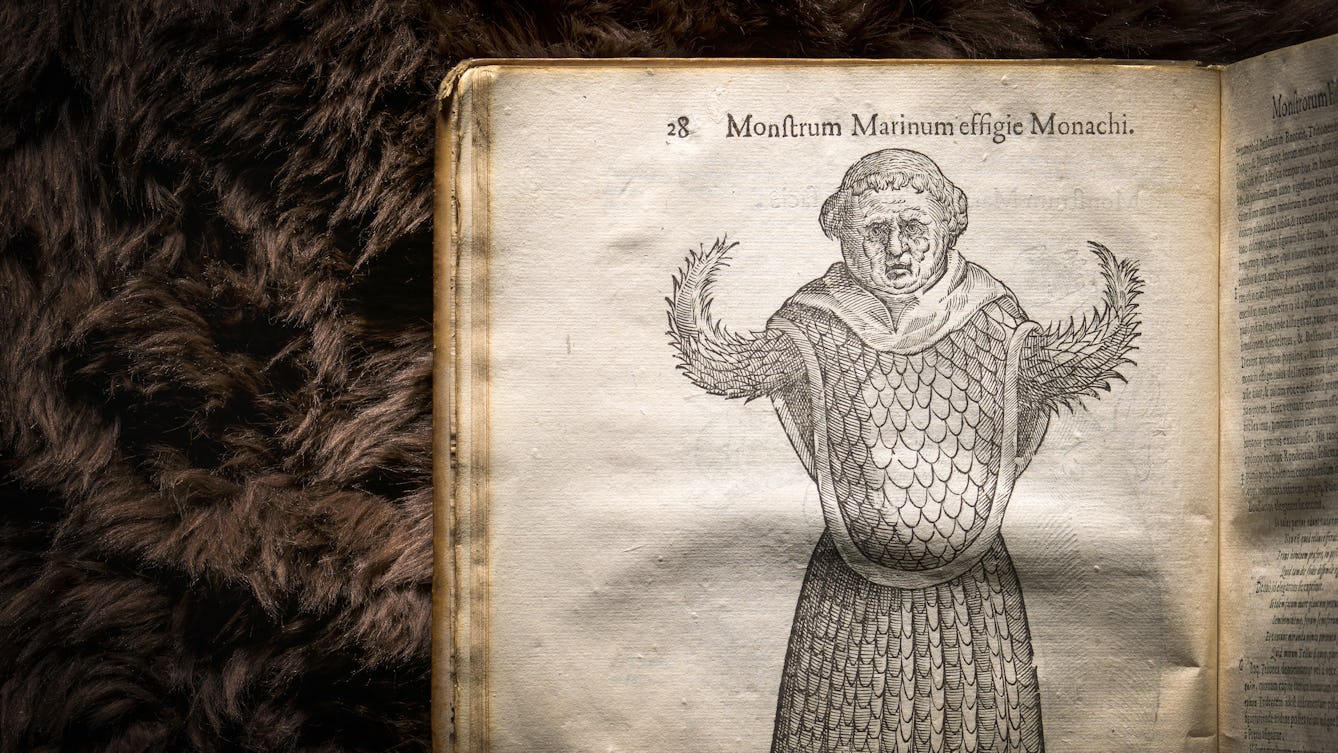
- Article
- Article
Fantastic beasts and unnatural history
Find out how a 17th-century compendium of the natural world came to present fantastical beasts –like dragons – as real, living creatures.

- Article
- Article
The hidden history of homesickness
Gail Tolley delves into the history of homesickness and discovers that its rich past holds a clue to how we view the experience today.
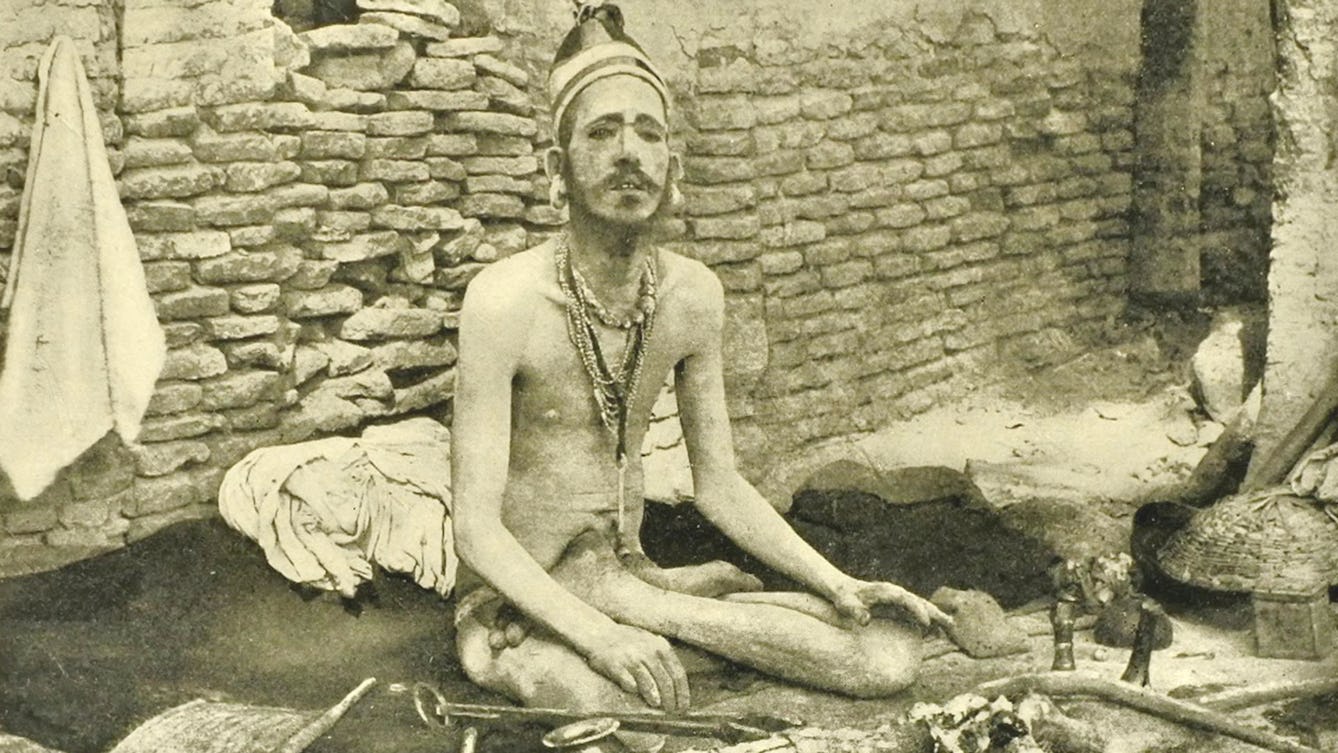
- Article
- Article
The yogi as hermit, warrior, criminal and showman
How the modern world changed the life and reputation of the yogi.
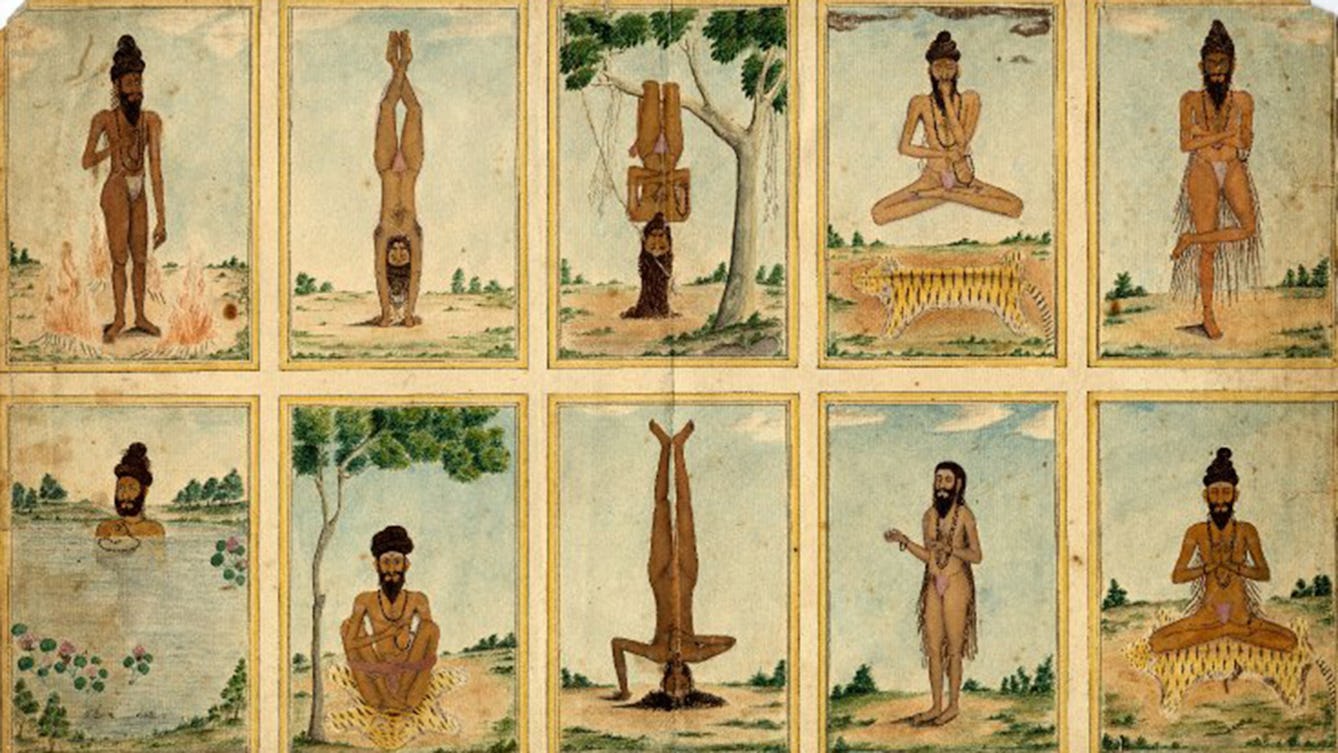
- Article
- Article
Not one yoga, but many yogas
From ancient tradition to modern gym class, yoga means many things to many people.

- Article
- Article
The painter, the psychiatrist and a fashion for hysteria
A dramatic painting brings a famous event in medical history alive. But it also tells a tale about the health preoccupations of the time.

- Article
- Article
The making of ‘Quacks’
How do you create a medical comedy that’s authentic and laugh-out-loud funny?
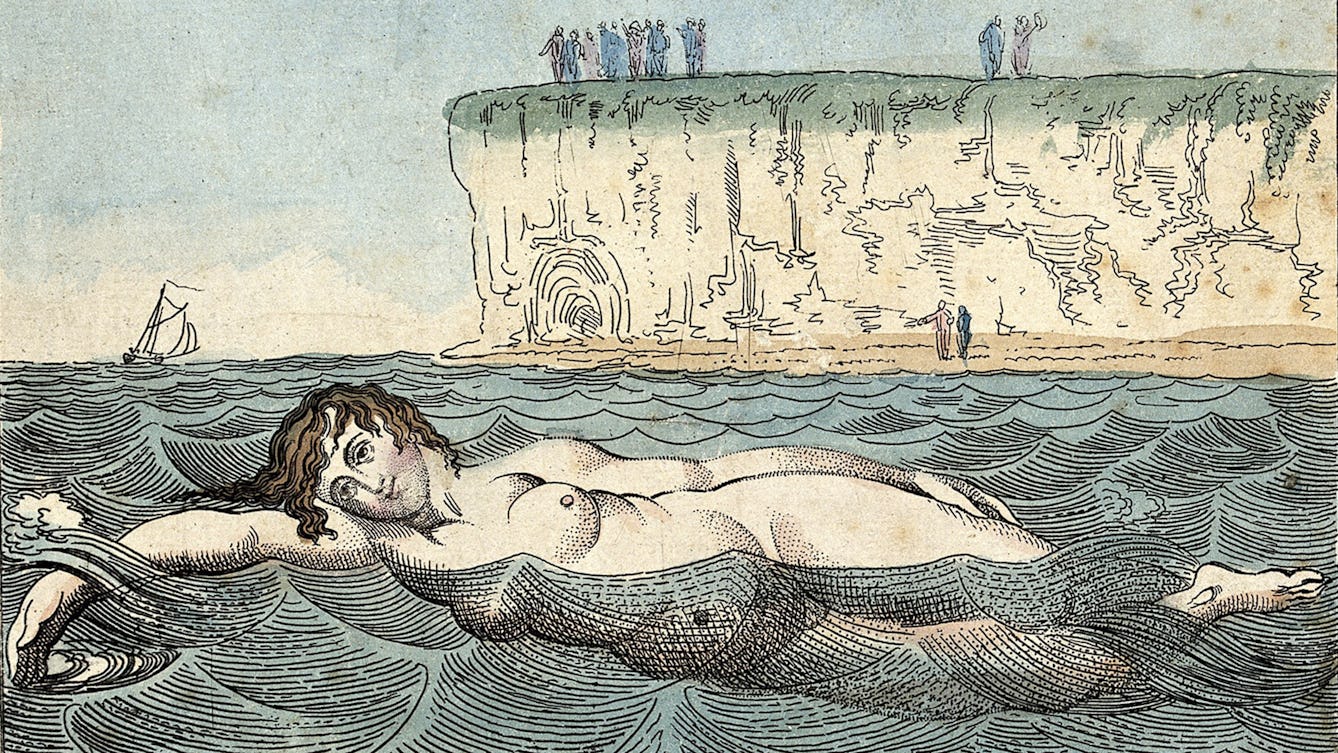
- Article
- Article
Doctors and the English seaside
Fashionable seaside towns in England owe much of their popularity to 18th-century doctors, who advised them to take the 'sea cure'.

- Article
- Article
The Ladies of Llangollen
As we celebrate LGBT History Month, Sarah Bentley explores the relationship between the two 18th-century women known as the Ladies of Llangollen.

- Article
- Article
Duelling doctors
An enduring enthusiasm for 18th-century gentlemen to defend their ‘honour’ by duelling placed doctors in a delicate position. Specially when they faced being shot themselves.
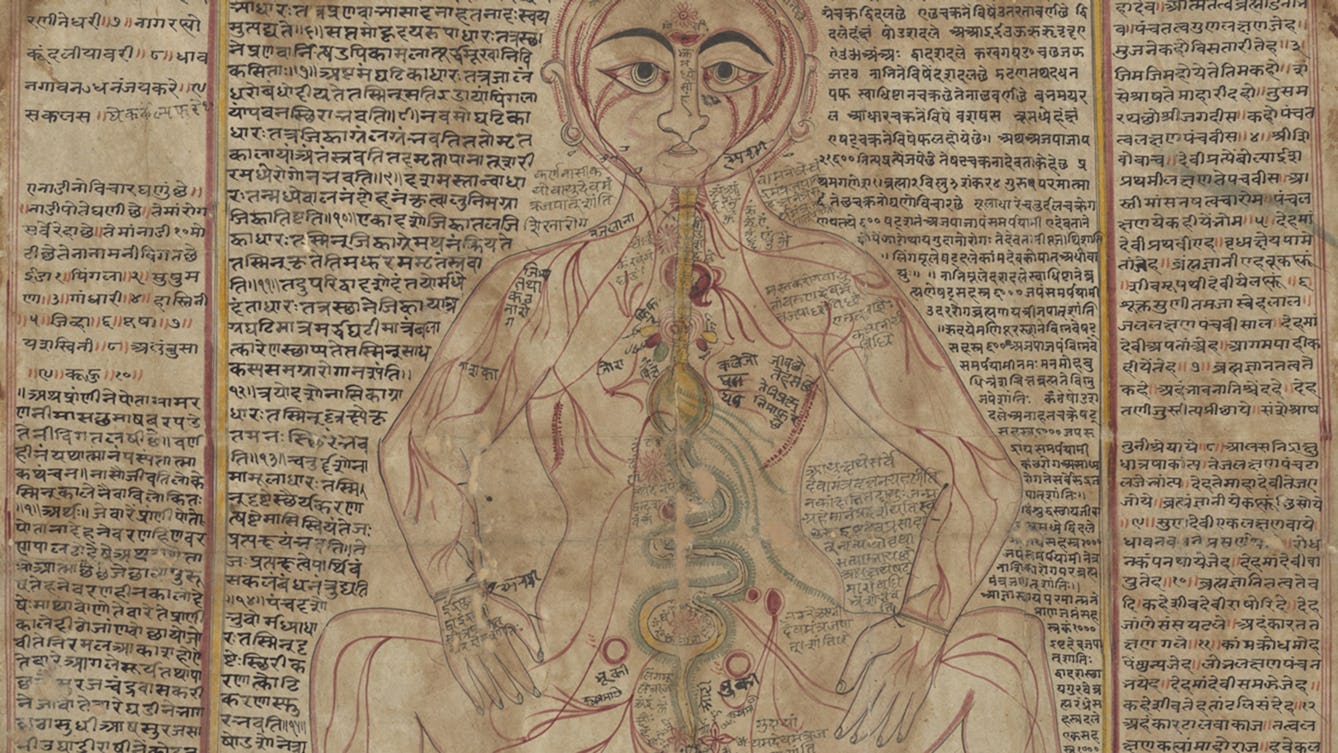
- Article
- Article
Mapping the body
These intricate anatomical drawings show how Ayurveda practitioners have explored the human body and how it works.

- Article
- Article
Getting under the skin
Before the invention of X-ray in 1895 there was really only one way to accurately study the human body, and that was to cut it open.
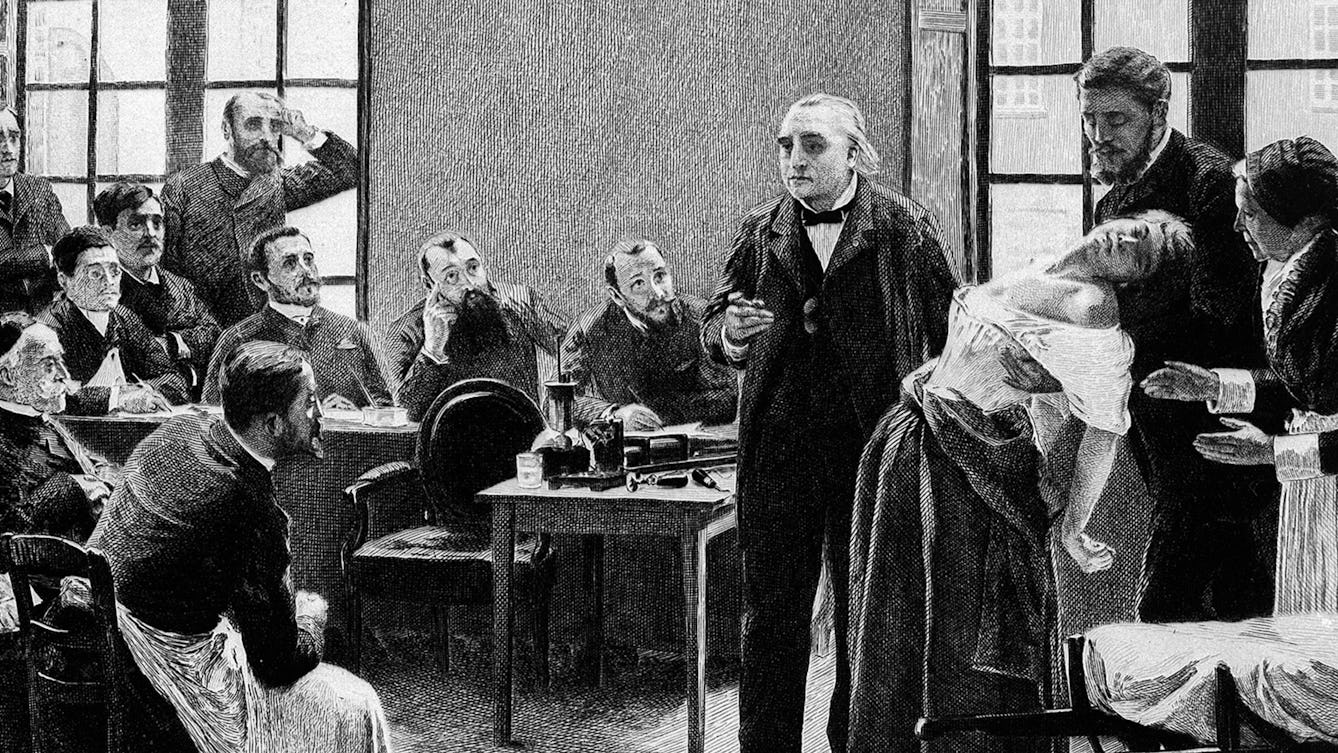
- Article
- Article
What is hysteria?
Hysteria has long been associated with fanciful myths, but its history reveals how it has been used to control women’s behaviour and bodies

- Long read
- Long read
Rehab centres and the ‘cure’ for addiction
Guy Stagg takes us on a brief history of rehab centres and their approaches to addiction and recovery.
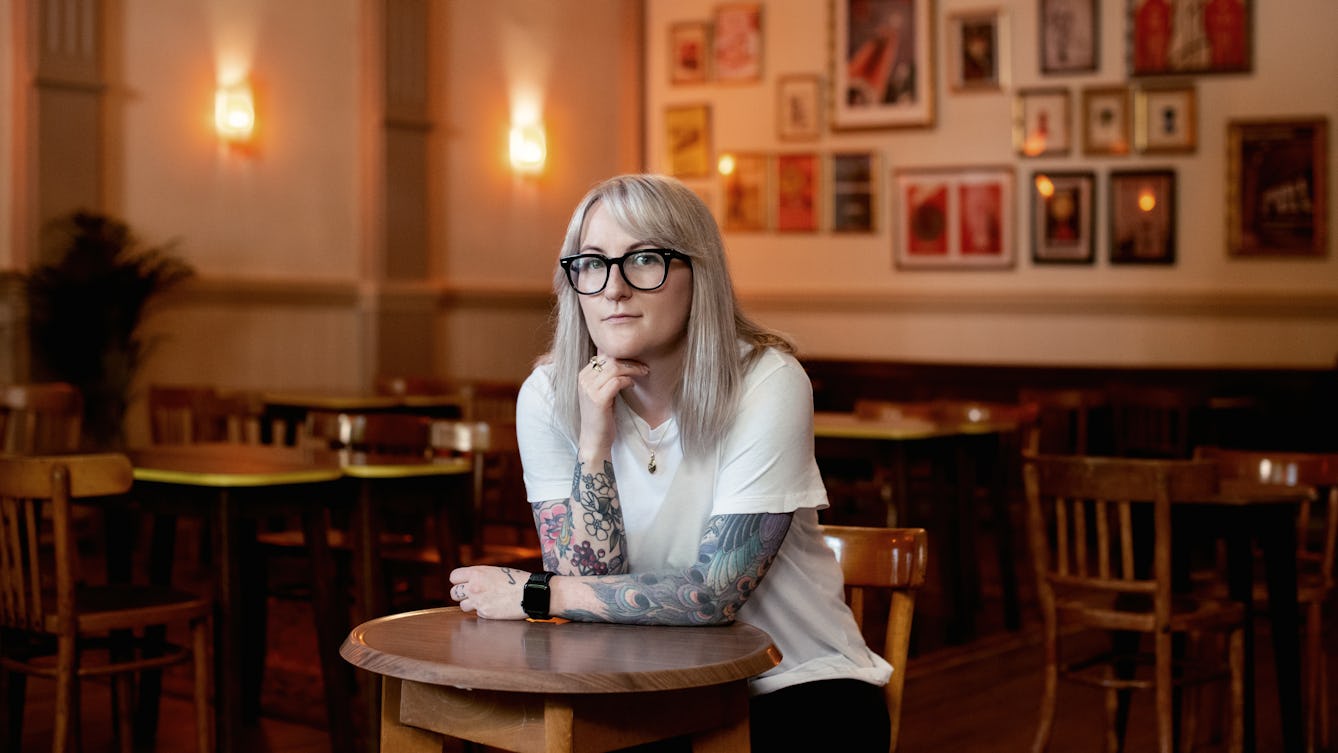
- Article
- Article
How to be poor and happy
Money, security, self-sufficiency and charitable giving have long been linked to happiness. But what if you’re working class?
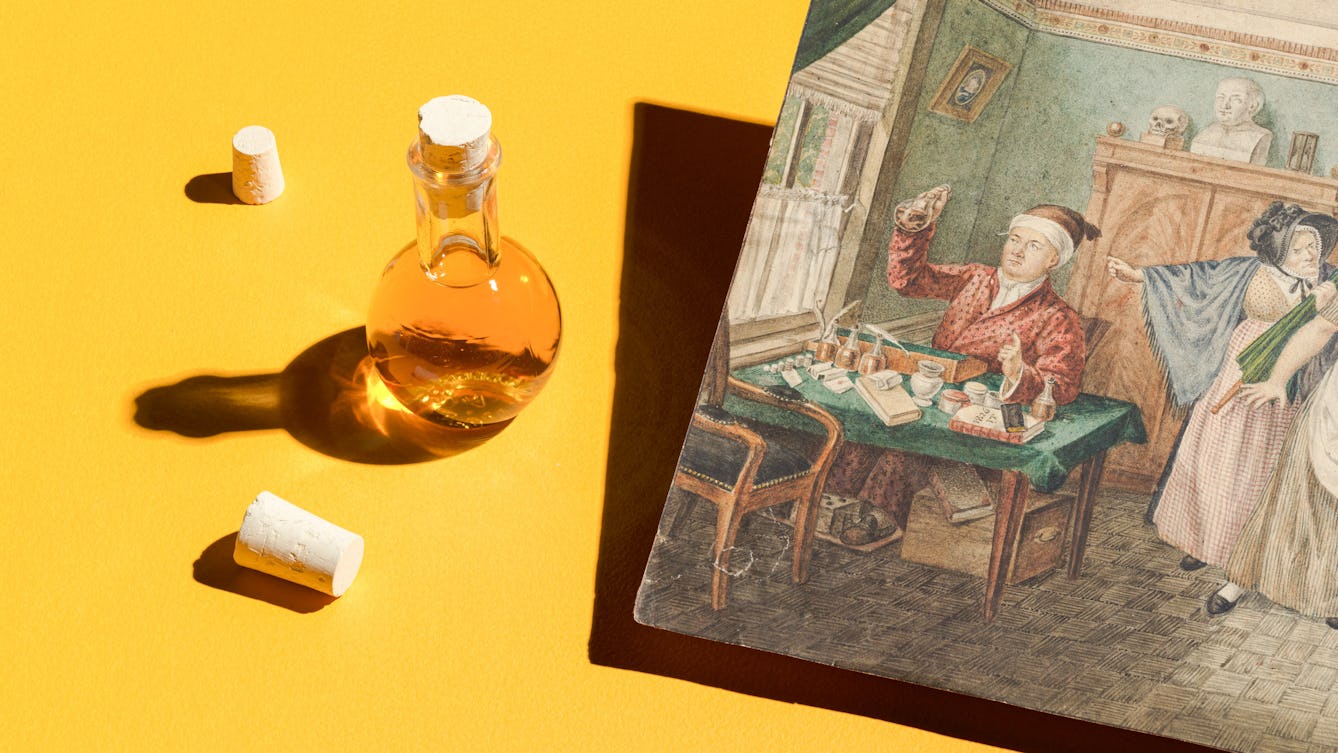
- Article
- Article
Remote diagnosis from wee to the Web
Medical practice might have moved on from when patients posted flasks of their urine for doctors to taste, but telehealth today keeps up the tradition of remote diagnosis – to our possible detriment.
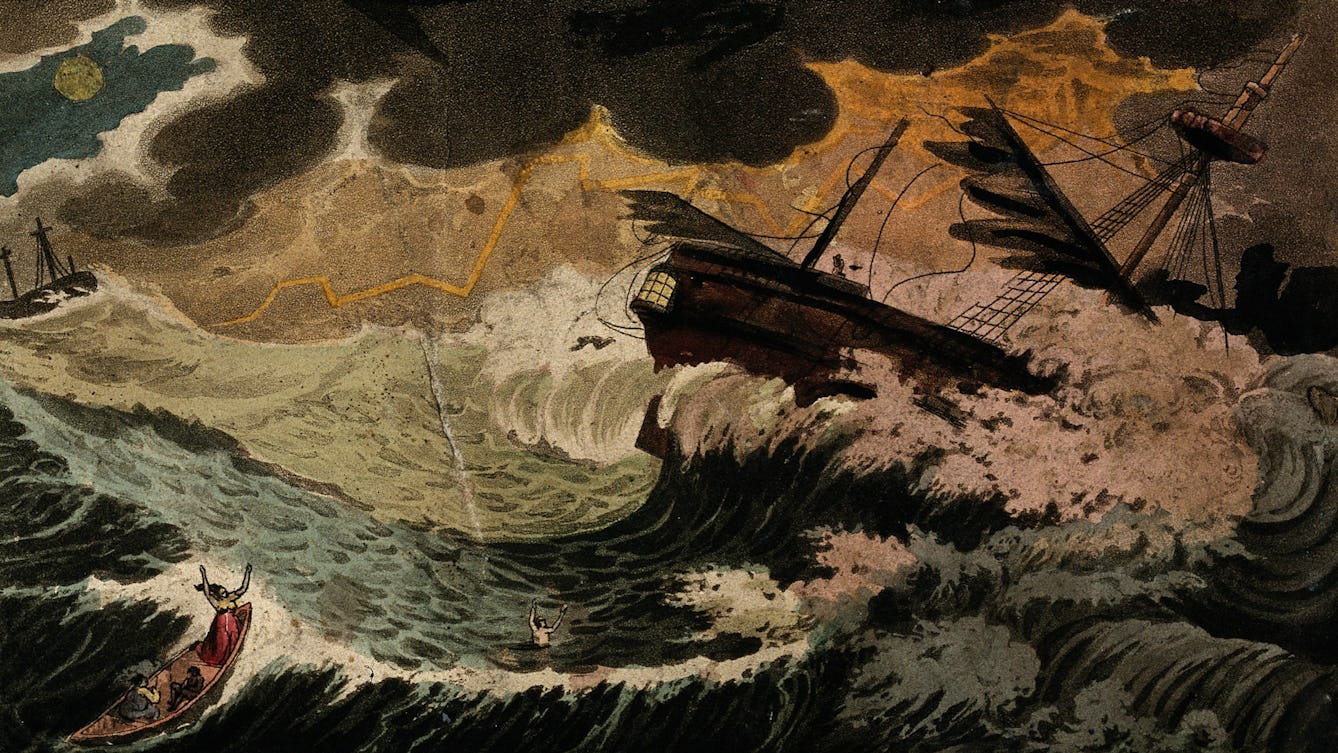
- Article
- Article
Thunderbolts and lightning
Fire in the sky has always exerted a hold on our imagination, even as early scientists unlocked the secrets of atmospheric electricity.

- Article
- Article
Hunting lost plants in botanical collections
A bark specimen at Kew recalls the story of a South American man who harvested the most potent source of the only effective malaria treatment available in the late 1800s. Killed for his work and forgotten by history, Manuel Mamani was a victim of the colonial juggernaut.
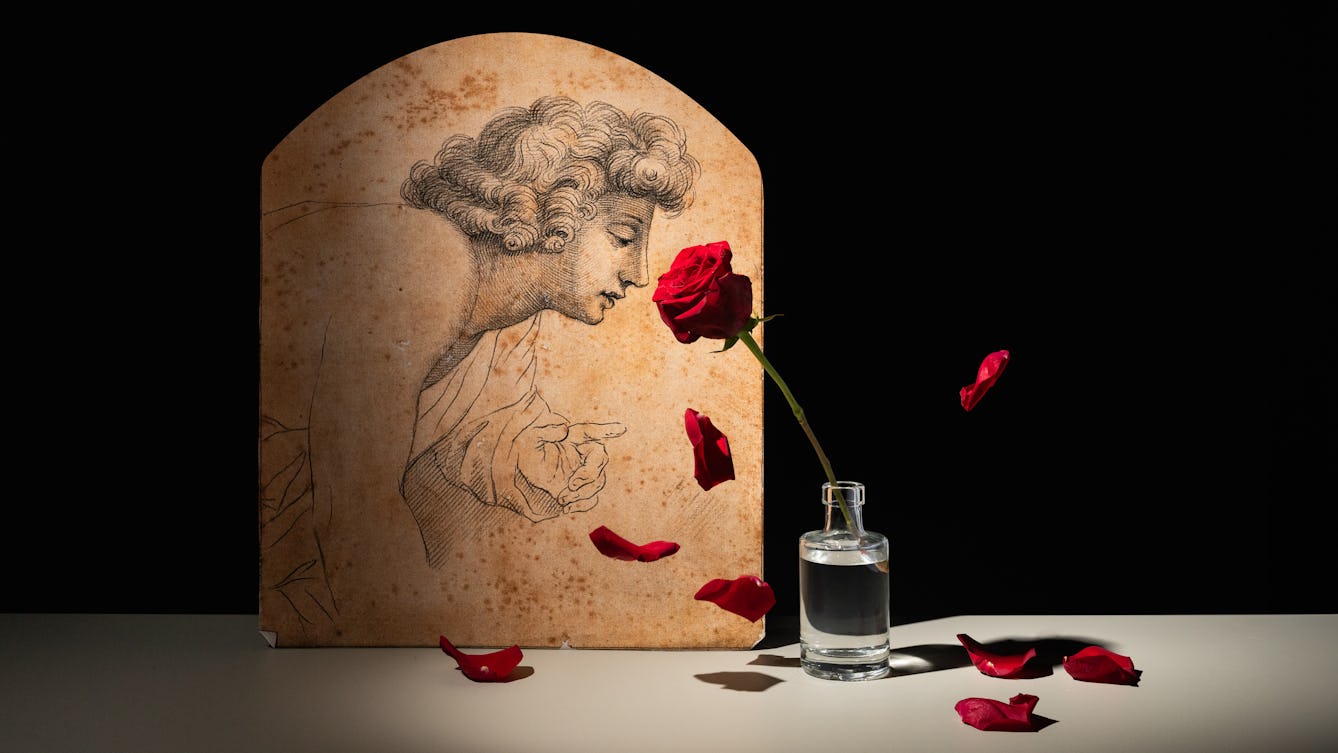
- Article
- Article
What the nose doesn’t know
Losing her sense of smell for over a year motivated Stephanie Howard-Smith to sniff out the history of treatments for this unsettling condition.
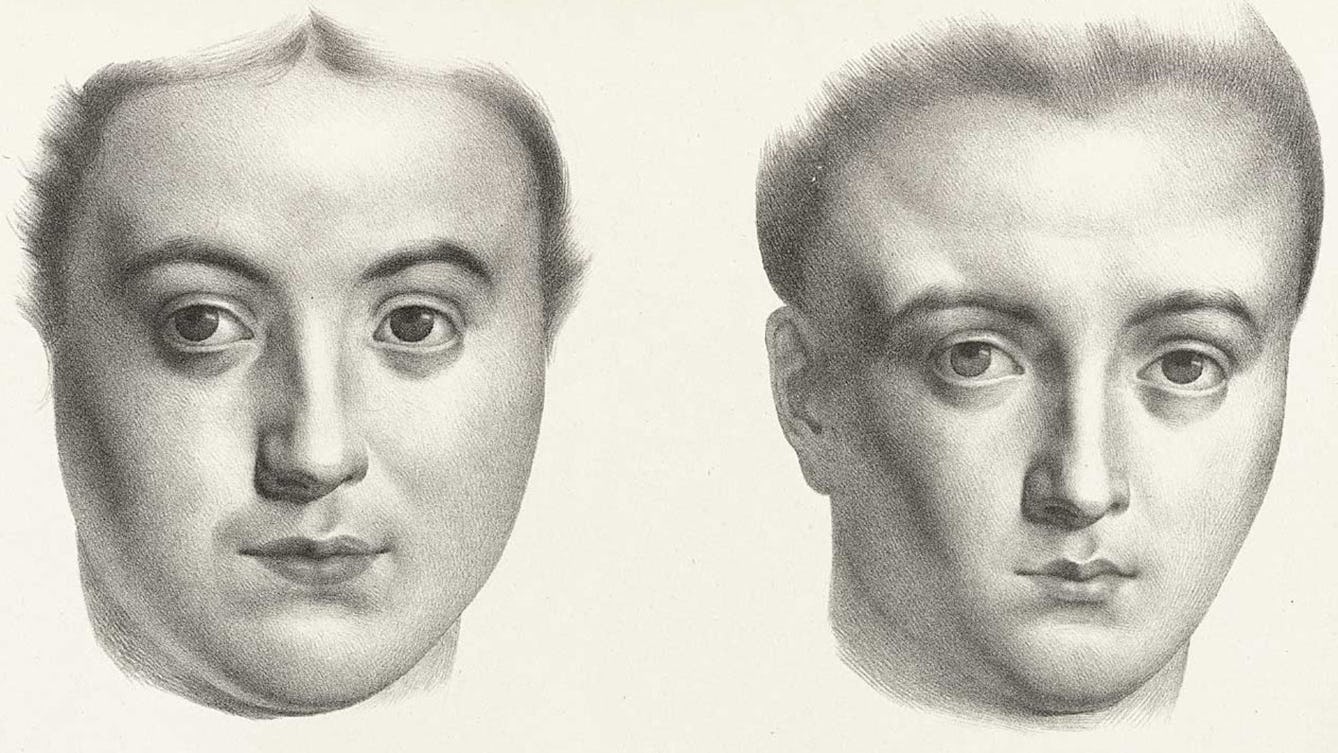
- Article
- Article
Exceptional talent and the trouble with IQ tests
Is a high IQ really a mark of genius, or does something else explain the exceptional?

- Article
- Article
The birth of the public museum
The first public museums evolved from wealthy collectors’ cabinets of curiosities and were quickly recognised as useful vehicles for culture.
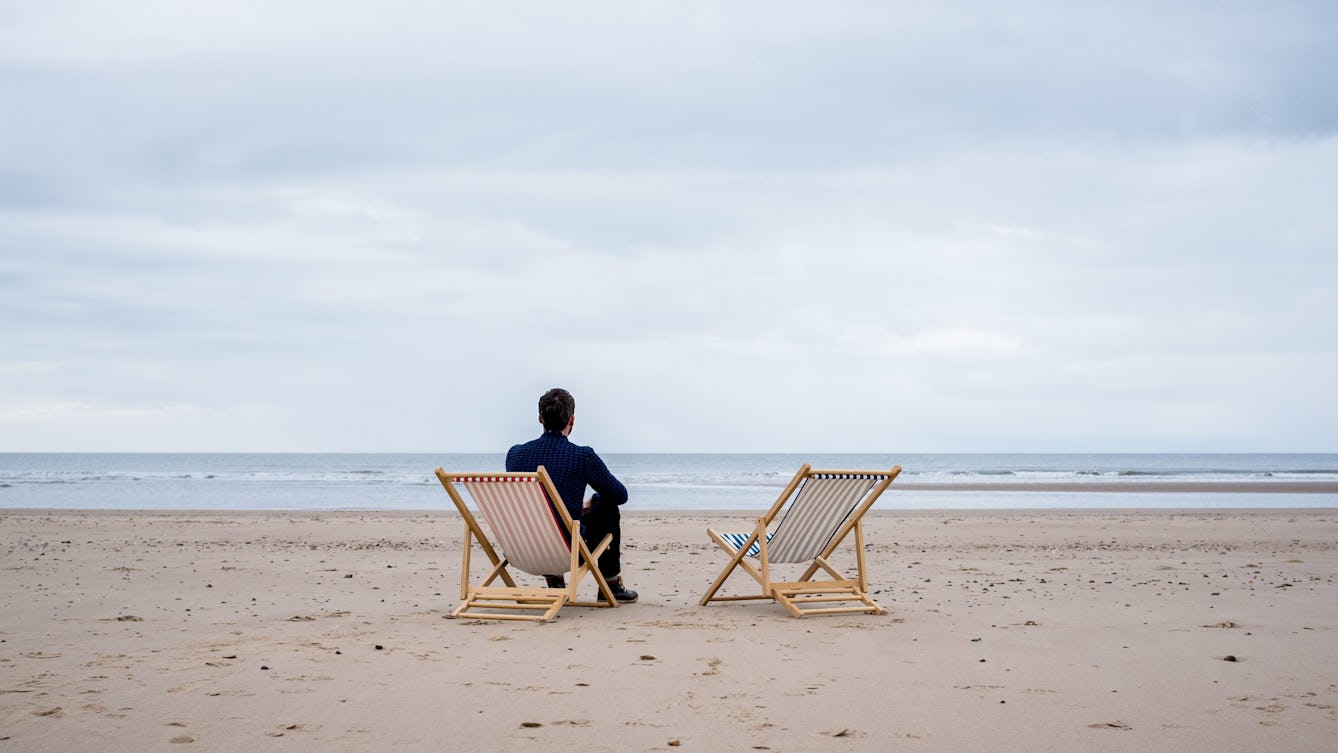
- Article
- Article
Robinson Crusoe and the morality of solitude
Robinson Crusoe, fiction’s most famous castaway, was certainly isolated, but did he suffer the intrinsically modern affliction of loneliness?